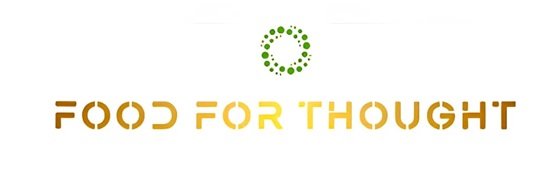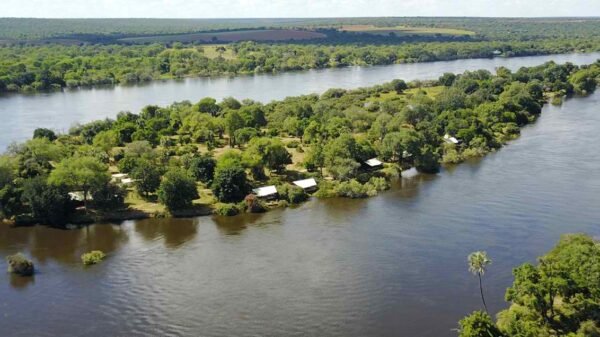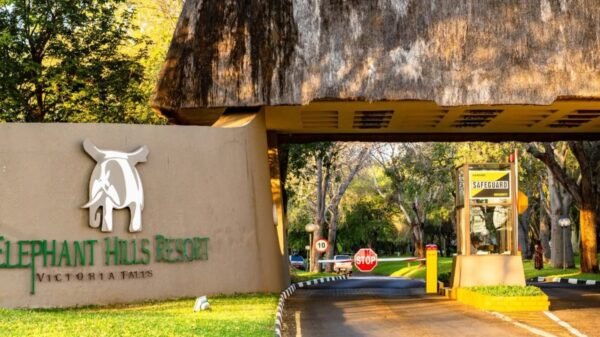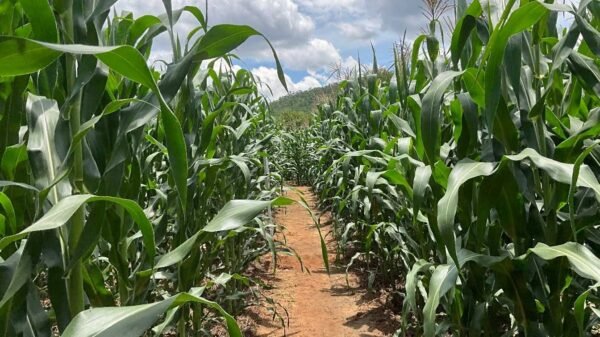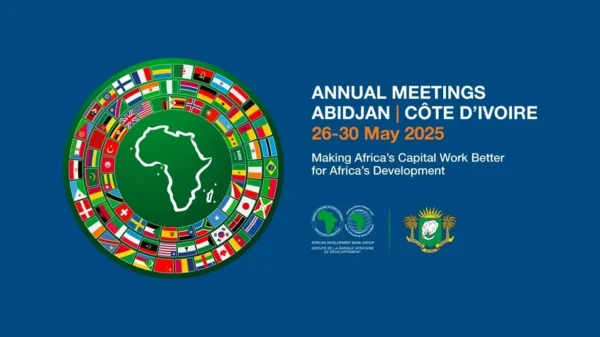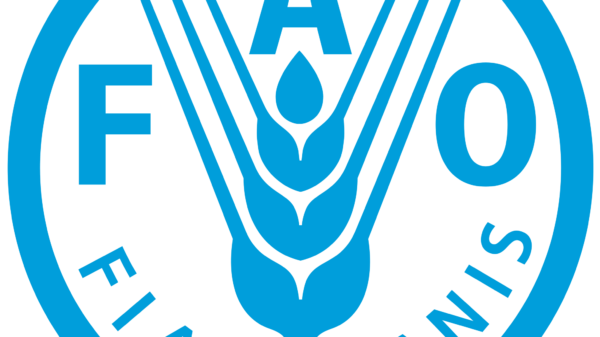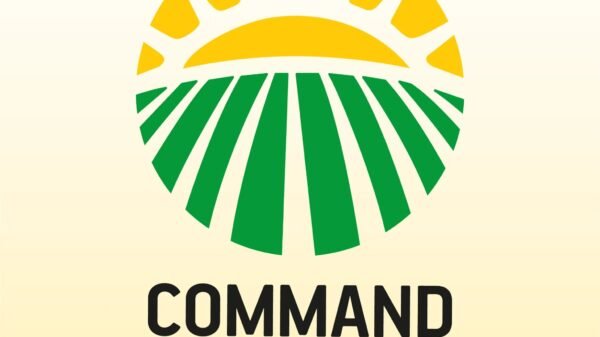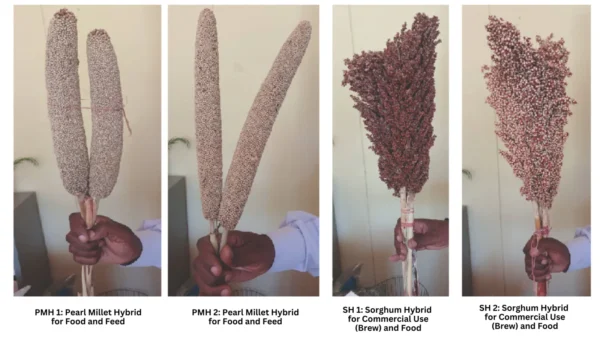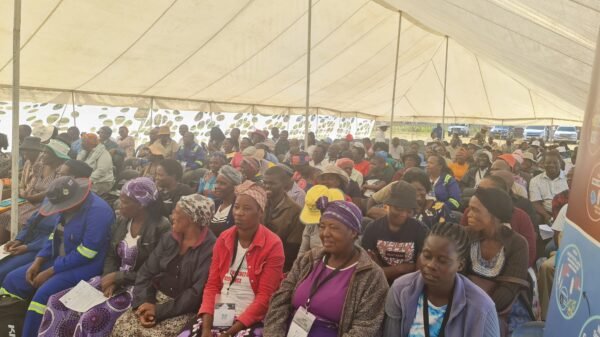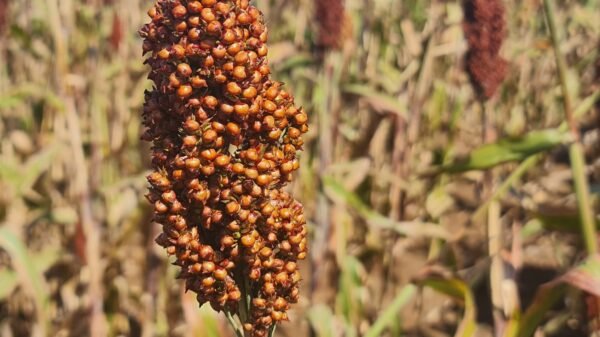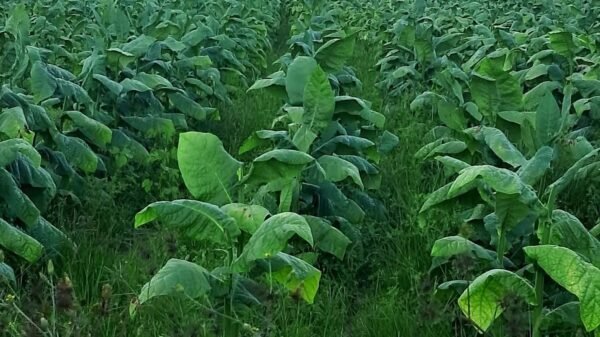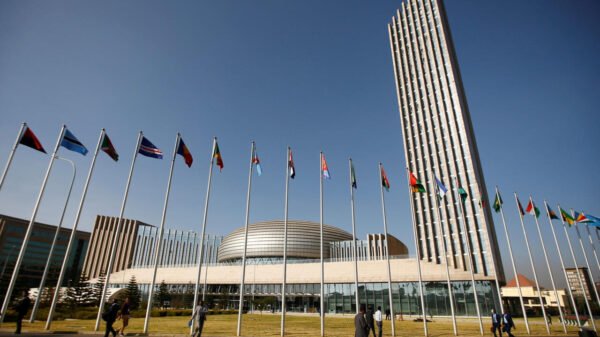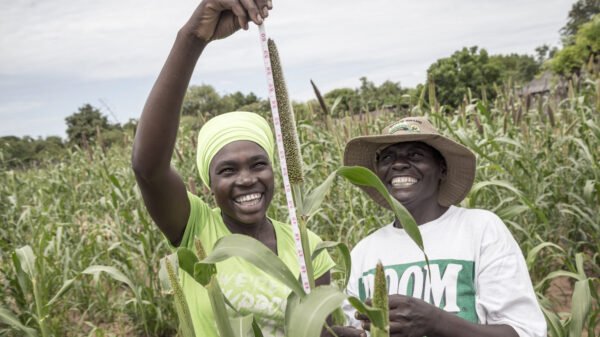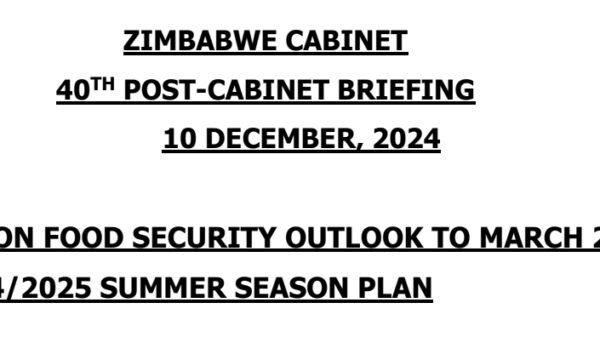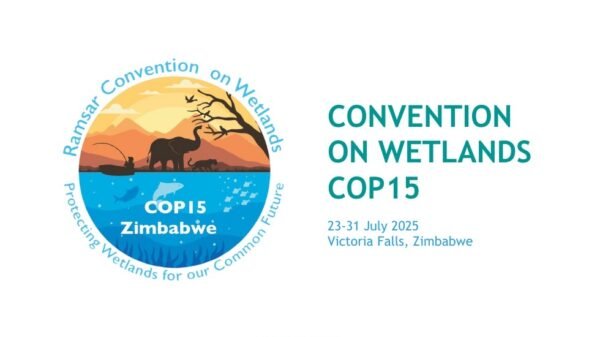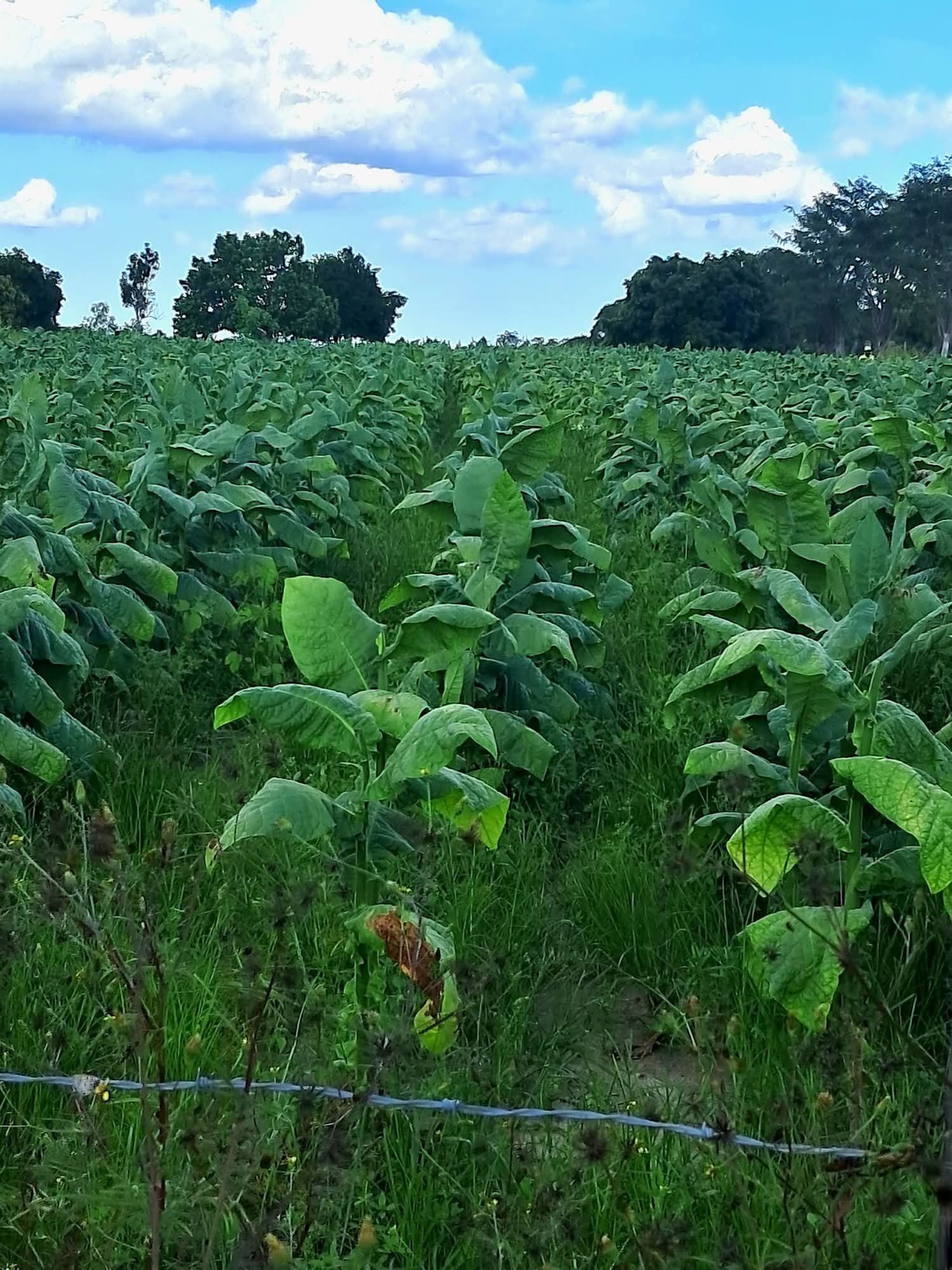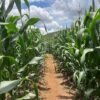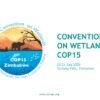ZIMBABWE’S tobacco marketing season is now in full swing, with a cumulative 15.4 million kilogrammes delivered to both auction and contract floors as at 18 March 2025, raking in US$53.9 million in revenue.
Farmers are generally upbeat, hoping for good prices. The first high-quality leaf this season has fetched a record-breaking US$4.95 per kilogramme, surpassing last year’s highest price of US$4.92.
The government has set a target of 280 million kgs for this marketing season.
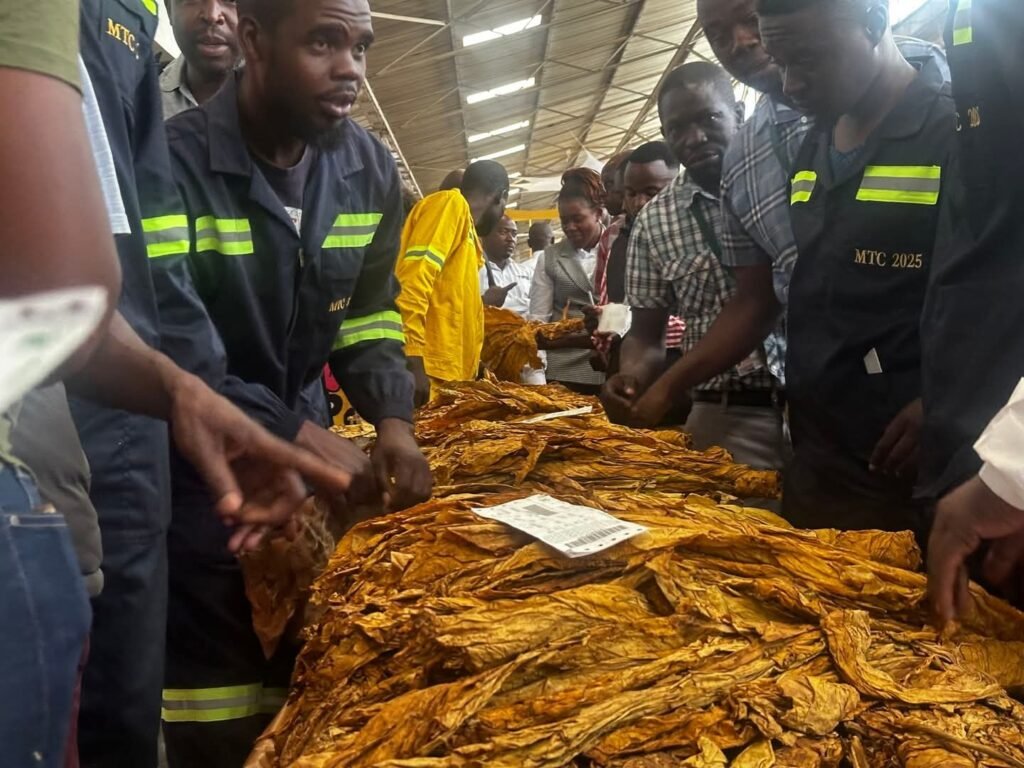
Golden leaf…The 2025 tobacco marketing season is now in full swing. Picture and video credits: TIMB.
The Tobacco Industry and Marketing Board (TIMB) says it has introduced a new pricing model “to protect tobacco growers and enhance price stability.”
The average price of the “golden leaf” stood at US$3.51 per kg on 13 March and US$3.54 on 14 March.
“What does this [new pricing model] mean for farmers? Reduced price fluctuations. Increased and consistent earnings throughout the year. With this system in place, we are optimistic that prices will continue to rise in 2025, ensuring better returns for our hardworking tobacco growers,” the TIMB says.
Elephant in the room
Zimbabwe’s reliance on tobacco farming is a complex issue in terms of sustainability. While tobacco farming has been a significant contributor to the economy, providing jobs and export income, there are several environmental, economic, and social challenges that affect its long-term sustainability.
Zimbabwe is Africa’s largest producer of tobacco and ranks sixth in the world. The crop is one of the country’s top export commodities, contributing a substantial portion to foreign exchange earnings. This foreign currency is crucial for paying for imports, stabilising the economy, creating employment, and supporting other sectors. The tobacco sector generates significant revenue for the government through taxes and levies, contributing to national economic growth. This revenue is essential for funding public services and infrastructure development.
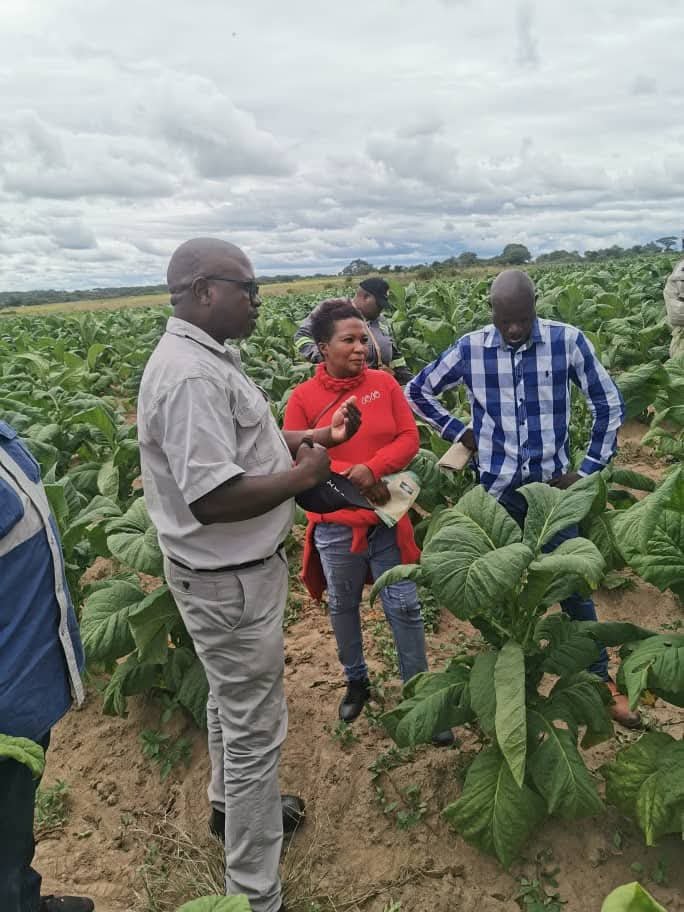
Tobacco is the most important cash crop in Zimbabwe, especially in rural areas where many farmers rely on it as their primary source of income. It provides a livelihood for thousands of smallholder farmers, as well as larger commercial growers.
It may be too early to sound a death knell for tobacco farming, but it is useful to seriously ponder the importance of long-term sustainability—particularly in a world that has grown increasingly hostile to tobacco consumption.
Environmental impact
Tobacco farming is linked to large-scale deforestation because wood is used to cure the harvested crop. This contributes to habitat loss, soil degradation, and reduced biodiversity.
Tobacco farming requires intensive land use, and the cultivation of tobacco can lead to soil depletion if proper agricultural practices are not followed.
The crop requires significant water resources, and this has raised concerns about water sustainability, especially in regions that are already facing water scarcity.
Economic dependency
While tobacco generates substantial foreign currency for Zimbabwe, its over-reliance can be risky. The global trend toward anti-smoking campaigns and the increasing number of countries imposing restrictions on tobacco imports might limit market opportunities in the long term.
The global tobacco market is subject to fluctuations in demand and prices, which can affect Zimbabwe’s economy, especially since tobacco is a major export product.
Health concerns
Tobacco consumption is a major cause of preventable diseases. While Zimbabwe benefits economically from tobacco exports, the growing health concerns about tobacco can impact the domestic healthcare system, which must address tobacco-related diseases.
Social justice
Tobacco farming can sometimes involve poor labour conditions, including child labour and low wages, particularly in the informal sector. Slave wages are a terrible form of exploitation. The social implications of these practices could raise concerns about the ethical sustainability of tobacco farming.
Diversification challenges
Many farmers are highly dependent on tobacco and face challenges transitioning to other crops or more sustainable farming practices, due to lack of knowledge, resources, or market opportunities.
Resilience and sustainability
Zimbabwe’s reliance on tobacco farming is not entirely sustainable in the long term due to environmental, economic, and social challenges.
The country would benefit from diversifying its agricultural sector, promoting sustainable farming practices, and developing other industries that could offer more stable and environmentally friendly alternatives. However, a gradual shift away from tobacco could also have short-term negative economic consequences, therefore the conundrum requires careful planning and investment.–Staff Writer.
